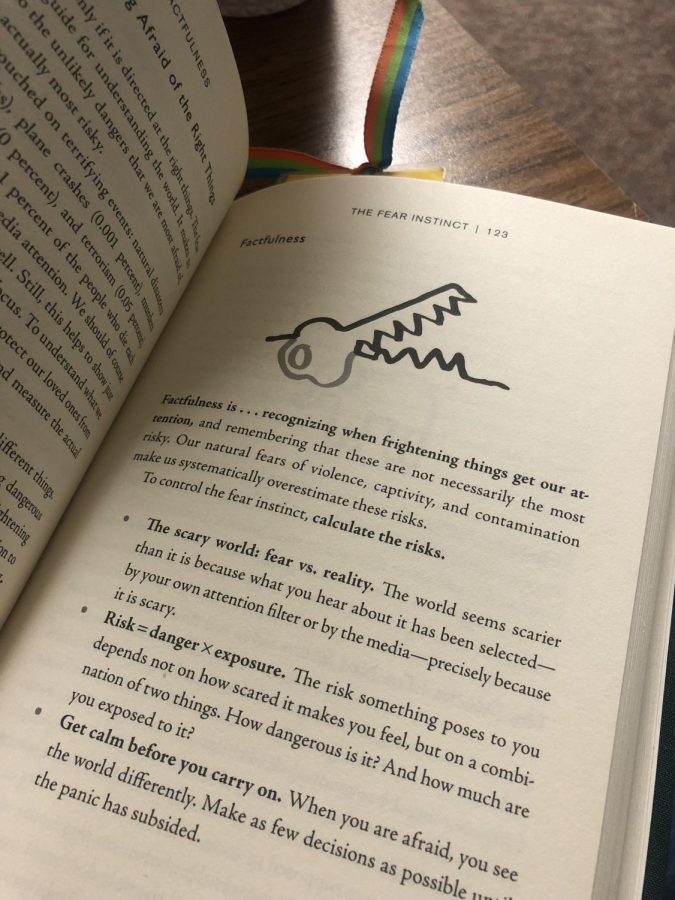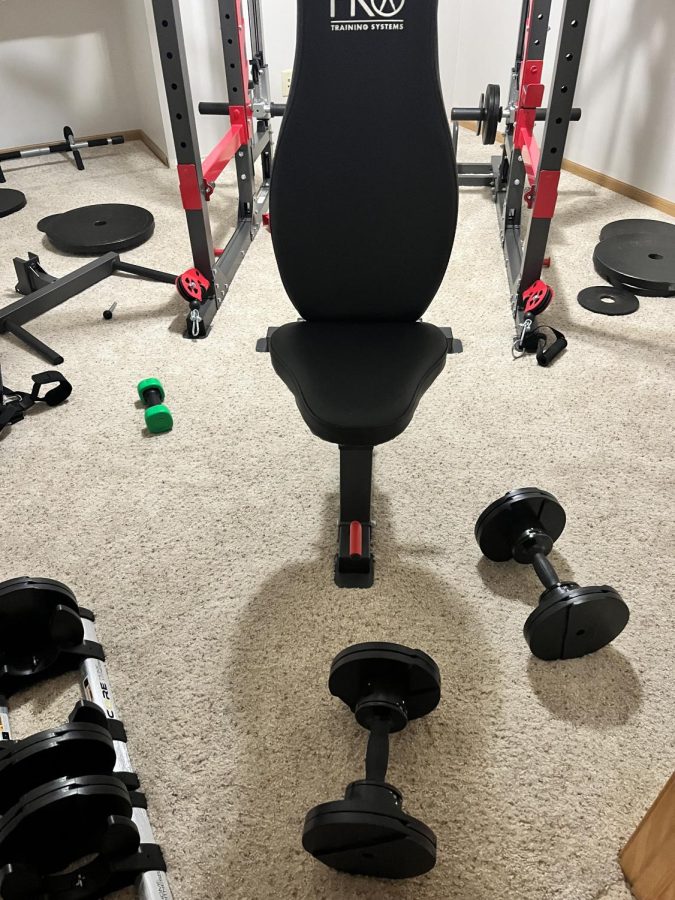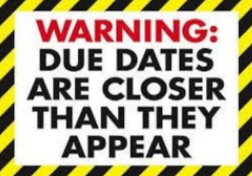Dear Editor:
As more and more whales are turning up beached, people are beginning to wonder why. Two simple words can sum that right up — Noise pollution. Usually when people think of pollution the first image that comes to mind is the image of sewage being poured into large bodies of water, massive oil spills, or even bits of trash floating on the surface. There are other kinds of pollution, however, they are not brought to people’s attention as much as the ones that are more noticeable. With that in mind, noise pollution is just as harmful to marine animals as, let us say, an excessive amount of plastic. So what exactly is noise pollution and what can be done to prevent it from happening?
Noise pollution is the disturbing or excessive noise that may harm the activity or balance of human or animal life. Noise pollution is commonly known for harming marine animals. Noise pollution is becoming more and more well known due to the high amounts of whales that have been found beached in the past couple of decades. There are multiple sources of noise pollution found in the ocean. The number one source of noise pollution happens to be boat traffic. Boat traffic makes incredibly loud noises which can interfere when whales are trying to communicate with one another. Sound pollution can even cause whales to break away from their regular migration route. Another source of noise pollution would be the exploration for oil that is done in the ocean. Oil companies use air guns to locate the oil, which is noise pollution alone, but once they find the oil they start to drill and that is even more noise pollution. Also, acoustic thermometry, which is what scientists do to determine the average temperature of the ocean, is a huge source of noise pollution as well. One last source of noise pollution would be “ringers” or “pingers” which are devices that are placed on boats that emit high frequency sounds to scare away marine animals. Ringers and pingers are so harmful that they can even cause some marine animals to lose their hearing if they are exposed to it too much.
When it comes to a solution the most obvious solution is trying to get people to realize how harmful it can be, which some governments are beginning to do. The government can do a huge part in reducing noise pollution. This leads in to another point which is the need for marine mammal protection laws to be updated. Governments need to start paying attention to the important habits of marine animals so that they can ensure that some areas get the least impact as possible. More people need to start caring about their impact on the environment. Shipping companies need to change their courses and stray away from marine life as much as possible. Simple tasks can be done to reduce ship sound pollution such as cleaning the propeller from debris and junk. That will reduce noise pollution more than a person would think it would. For oil exploration, hot spots for whale breeding should be identified and marked off limits. For acoustic thermometry, take the temperature of the ocean somewhere that it will not harm the marine life that made its home in that area. For ringers and pinger, they should be thoroughly studied to see if their effects to anything good at all.
If people do not start caring about noise pollution, the problem will only get worse. The issue needs to be tackled as quickly as possible. Once everyone begins to realize how harmful this topic is it will be easier to resolve. The solution is a team effort, do not let them down.
Sincerely,
By: Kaylie Gilliland, senior













